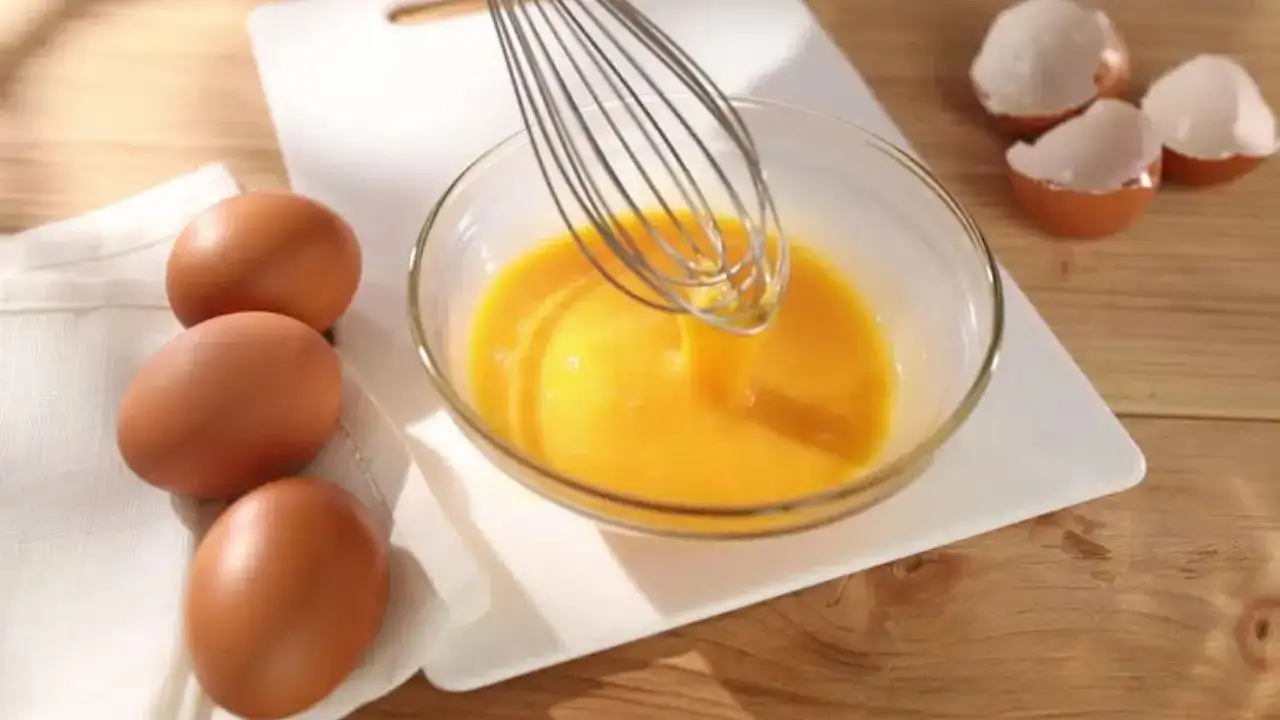
Over 212,000 Pounds Of Liquid Egg Products Recalled Due To Potential Bleach Contamination (Image Credits: iStock)
In a concerning food safety development, more than 212,000 pounds of liquid egg substitutes have been voluntarily recalled over fears of contamination with a cleaning solution containing bleach. The products, sold under popular brand names including Egg Beaters and Bob Evans, may have been exposed to sodium hypochlorite, a chemical commonly used in disinfectants.
The recall was initiated by Cargill Kitchen Solutions, based in Lake Odessa, Michigan after internal checks suggested some products may contain undeclared sodium hypochlorite. This chemical, if ingested, can pose health risks — although the USDA's Food Safety and Inspection Service (FSIS) has stated that the likelihood of adverse health effects from the contaminated products is negligible.
What Products Are Affected?
The potentially affected items were produced on March 12 and 13, 2025, and are marked with the code G1804 on their packaging. Specific products under the recall include:
Egg Beaters Original Liquid Egg Substitute, 32 oz., Use By AUG 10 2025
The FSIS noted that the items were shipped to retailers in Ohio and Texas, and food service distributors in Arizona, California, Colorado, Florida, Illinois, and Iowa — though a nationwide distribution cannot be ruled out.
What Consumers Should Do?
If you have any of these products at home, do not consume them. The FSIS advises customers to dispose of the product safely or return it to the store for a refund. While the risk is low, consuming sodium hypochlorite may irritate the gastrointestinal tract, and in higher amounts, could cause more severe symptoms.
How to Check If Your Liquid Egg Product Is Safe
Inspect the Packaging Code: Look for the code G1804 stamped near the expiration date.
Check the Brand and Size: Confirm the product is one of the four listed above, in a 32-ounce (2-lb.) carton.
Verify the “Use By” Date: Ensure the date matches the recall list — AUG 09/10 2025 or MAR 07 2026.
How to Test for Bleach Contamination at Home
While the best is to discard any recalled product, those curious about testing can use a basic bleach detection method:
Place a small amount of the liquid egg into a clear glass.
Warning: This method is not a substitute for laboratory testing. Do not taste the product even if it appears normal, as bleach contamination may not be visually or olfactorily detectable.
Why This Recall Matters
The recall comes at a time when consumers are increasingly turning to egg substitutes due to rising egg prices and bird flu outbreaks that have disrupted poultry production across the U.S. For many, products like Egg Beaters and Better’n Eggs are household staples. Ensuring their safety is critical.
Cargill stated in a recorded message: “We have issued this recall out of an abundance of caution.” The FSIS reaffirmed that the public should not take chances: “When in doubt, throw it out.” As investigations continue, consumers are encouraged to stay updated via the USDA FSIS recall page.
Get Latest News Live on Times Now along with Breaking News and Top Headlines from Health and around the world.
